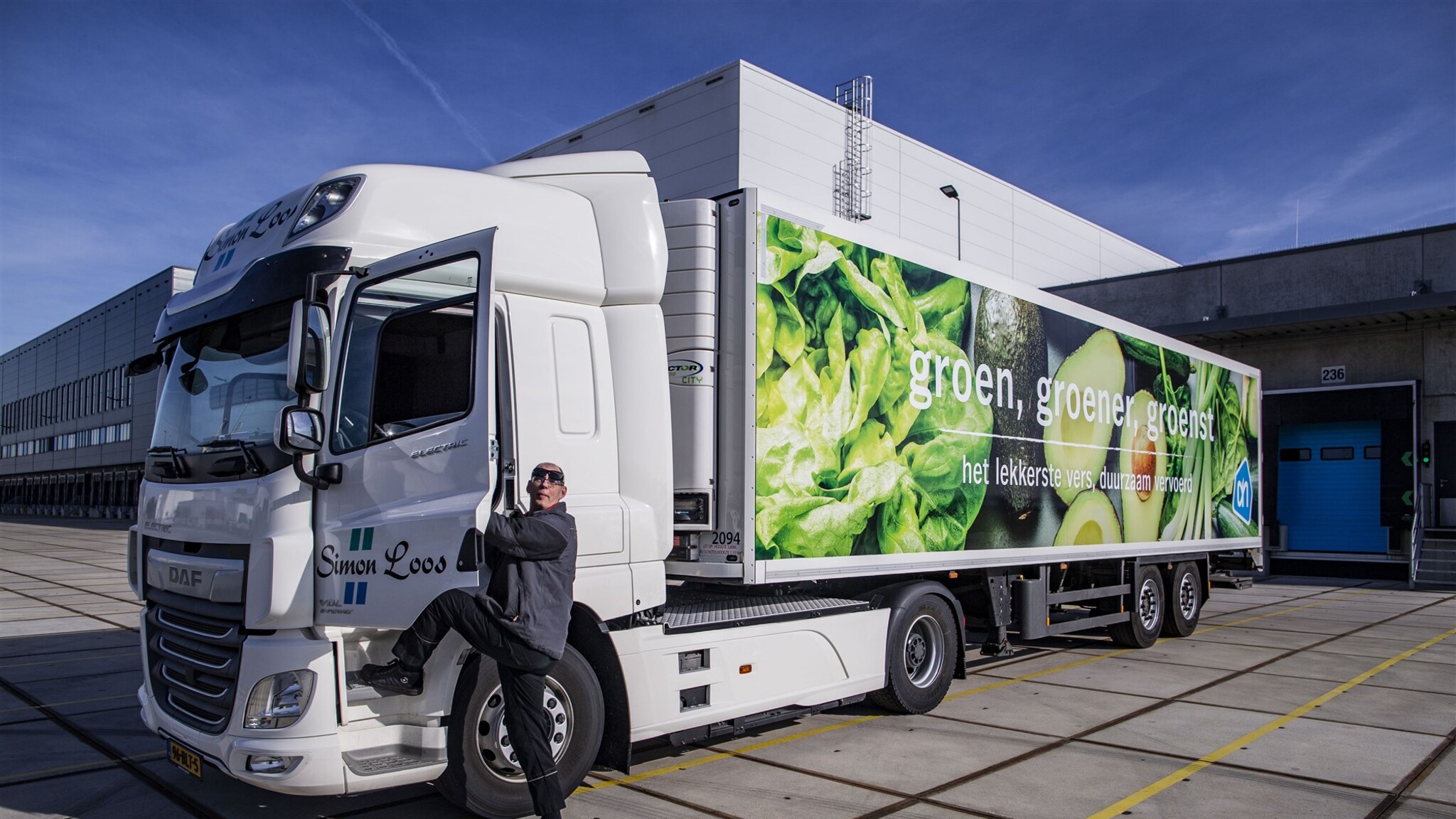It was an initiative of the Dutch delegation last November. Step by step, all trucks and buses will be replaced with electric variants. By 2040, all new trucks should be electric, and by 2050, all trucks still powered by gasoline or diesel should also be replaced with more sustainable trucks.
State Secretary Van Weinberg of the Infrastructure and Water Department described it as a good start last year and hoped that several countries would join. It happened, too: countries such as Uruguay, Turkey, Finland and the United Kingdom joined. But so far, things have not gone smoothly in our country.
Despite the fact that very few trucks are electric at the moment, Auke Hoekstra, a researcher in electric mobility at Eindhoven University of Technology, believes the goals set are realistic. “According to my own calculations, electric trucks will be 80 percent cheaper than diesel from 2025. This will play a major role and will be a turning point, as I expect.”
Hoekstra doesn’t find it surprising that the number is still very low. “Passenger cars are much higher in circulation, so it’s easier to recoup costs. That’s, for example, why Tesla started with cars and not trucks. They only did it recently. Trucks are a bit bumpy after that, but they’ll get there.”
Few charging stations
At the same time, there are still many obstacles. Perhaps the biggest problem is the lack of enough charging stations for the trucks. For example, Fastned, the party that operates several charging stations in the Netherlands, has 142 fast-charging stations for passenger cars in the Netherlands, but none for trucks. Charging stations like those in many residential areas are also too slow for a truck.
Fast charging stations for passenger cars are not suitable for trucks for several reasons. For example, the dimensions of charging stations are often very small.
Mathijs Frigblade is currently one of the few truck drivers who (partially) transport their goods in electric trucks. His family’s company, Vrijbloed Transport, owns 10 electric trucks. They bought it because they wanted to operate more sustainably and efficiently.
systems
Vrijbloed notes that it is not easy to start as an electric truck transportation company. “You face many problems, like the regulations. You have to shape the process differently. Drivers also have to think more about how to use energy as efficiently as possible. Not everyone wants to do that now.”
It’s also a financial challenge, says Vrijbloed. He had to invest a lot for it and he can’t do it alone. “For the first trucks, we sought support from our customers so we could carry them together.”
So Hoekstra sees enough challenges, particularly in the short term. According to him, the government should take more control. “Now they’re just noticing that it’s not working yet, but their activity is too little to see how it can be done.”
From 2025, the researcher will be more positive. At first glance, it seemed like a very ambitious ambition. But it works in the end. You will suddenly go very fast, and by that time you will be a thief of your own wallet if you choose diesel.”







